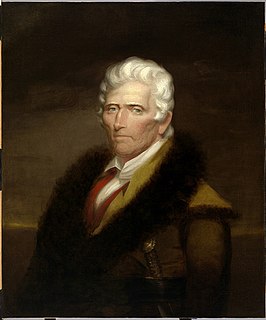A Quote by Isabella Bird
No house was so poor as not to have its 'family altar,' its shelf of wooden gods, and table of offerings. A religious atmosphere pervades Tibet and gives it a singular sense of novelty.
Related Quotes
If enough people are sensitive to the tragedy of Tibet, I think it will produce a change politically as well. But furthermore, it's important for the people in Tibet. Now communication is such [that] people know what is happening. Even Tibetan people would know that the Interfaith or the international group of religious people - that everybody who is religious is taking up their cause. It would help them a lot if we give them courage, and that in itself is enough.
Poor humanity, to saddle the gods with such a responsibility and throw in a vindictive temper. What griefs they hatch for themselves, what festering sores for us, what tears for our prosperity! This is not piety, this oft-repeated show of bowing a veiled head before a graven image; this bustling to every altar; this kow-towing and prostration on the ground with palms outspread before the shrines of the gods; this deluging of vow on vow. True piety lies rather in the power to contemplate the universe with a quiet mind.
Tibet, why is it occupied? For political reasons maybe they have a reason. I don't know. But religiously, why? The fact that the religious community is being oppressed and persecuted is something that every single person in the world who has any religious faith and religious feeling for - for people who have faith should speak up.




































